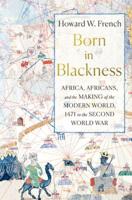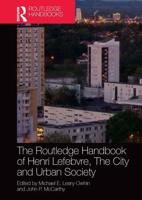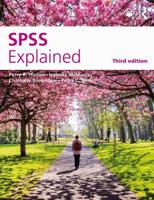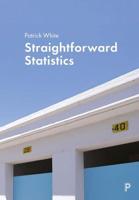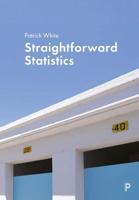Publisher's Synopsis
This book investigates the deep linkages between gender and grassroots politics. It studies how women candidates in Bangladesh are elected in reserved seats in the local government bodies and explores the challenges that they face both from within the domestic unit and from the government administration.
The book focuses on grassroots-level governance and provides a comparative study between selected rural and urban local government institutions in different socio-economic, educational, and cultural contexts. It documents loopholes in the system of quota seats for women, allocation of electoral constituency, and elected representatives' rights and responsibilities. It also studies the life-changing impact of women at different levels of governance and society and offers important policy implications for furthering their participation and empowerment.
A major intervention in the study of Bangladesh and its politics, this key text will be of great interest to scholars and researchers of political science, public administration, gender studies, public policy, and South Asian studies.


